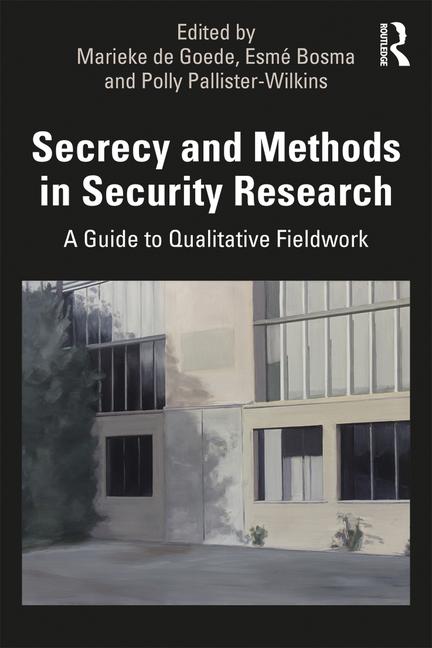edited by Marieke De Goede, Esmé Bosma and Polly Pallister-Wilkins, London; New York: Routledge, 2019.
including chapters by ASN members Erella Grassiani and Alexandra Schwell!
For more information please visit the books page on CRC Press.

Summary
This book analyses the challenges of secrecy in security research, and develops a set of methods to navigate, encircle and work with secrecy.
How can researchers navigate secrecy in their fieldwork, when they encounter confidential material, closed-off quarters or bureaucratic rebuffs? This is a particular challenge for researchers in the security field, which is by nature secretive and difficult to access. This book creatively assesses and analyses the ways in which secrecies operate in security research. The collection sets out new understandings of secrecy, and shows how secrecy itself can be made productive to research analysis. It offers students, PhD researchers and senior scholars a rich toolkit of methods and best-practice examples for ethically appropriate ways of navigating secrecy. It pays attention to the balance between confidentiality, and academic freedom and integrity. The chapters draw on the rich qualitative fieldwork experiences of the contributors, who did research at a diversity of sites, for example at a former atomic weapons research facility, inside deportation units, in conflict zones, in everyday security landscapes, in virtual spaces, and at borders, bureaucracies and banks.
The book will be of interest to students of research methods, critical security studies and International Relations in general.

One thought on “Out now: Secrecy and Methods in Security Research: A Guide to Qualitative Fieldwork”